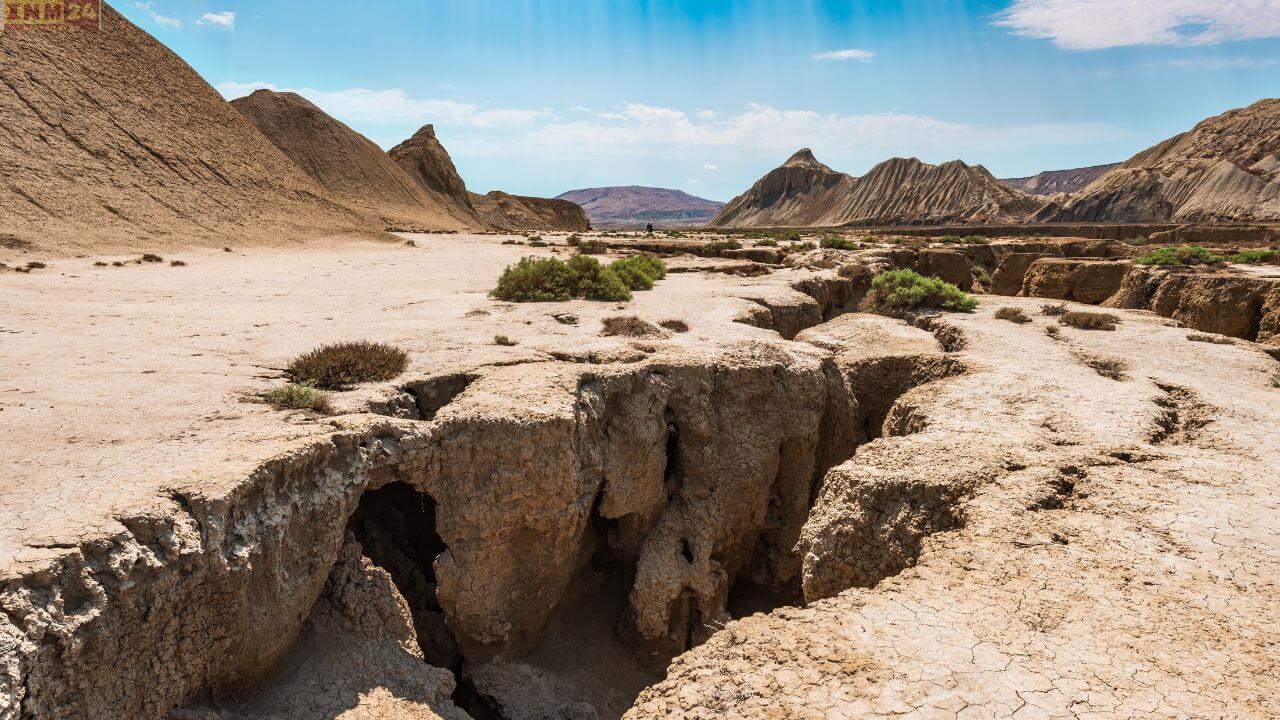In a groundbreaking revelation, scientists speculate that a new ocean might form within the next 5 to 10 million years due to a rift in the African continent’s Afar Triangle. This rare geological event involves the separation of tectonic plates, resulting in the creation of a new continent in eastern Africa.
Highlights
- Earth currently hosts five major oceans.
- The process of a new ocean formation spans millions of years.
- Indications of a new ocean forming in Africa.
Sixth Ocean
Scientists have uncovered a phenomenon suggesting the potential division of the African continent into two halves, leading to the emergence of a new ocean basin. This extraordinary geological event sheds light on the deep-seated exploration of our planet’s geoscience. With 71% of the Earth’s surface covered in water, comprising five major oceans—the Pacific, Atlantic, Indian, Southern, and Arctic—Africa’s experience of forming a sixth ocean presents a rare geological occurrence.
Afar Triangle and Tectonic Activity
The Afar Triangle serves as a geological depression where three tectonic plates—the Nubian, Somali, and Arabian plates—converge. Spanning from the Afar region to eastern Africa, this Afar region has been gradually spreading apart due to the gradual separation of tectonic plates, a process ongoing for millions of years. In 2005, a significant event brought attention to this slow-moving process when a 35-mile-long rift opened in the Ethiopian desert, signaling the separation of the African continent. This fissure, working at depths, is an expression of tectonic forces at work, as the Somali plate moves away from the Nubian plate, causing the Earth’s crust to stretch and thin. The 2005 rift in the Ethiopian desert hinted at the division of the African continent.
Africa’s Split into Two Continents
Scientists estimate that within 5 to 10 million years, due to tectonic activity, the African continent could split into two parts, resulting in the formation of a new ocean basin. This new reservoir of water would be a consequence of the rift in the Afar region and the East African Rift Valley, leading to flooding in the Rift Valley and the creation of a new ocean basin. Consequently, the eastern part of Africa would develop into a separate continent. The birth of a new ocean involves a complex and lengthy process, encompassing various stages of continental fragmentation and mid-oceanic ridge development.
The possibility of a sixth ocean forming in Africa not only presents a subject for scientific inquiry but also reminds us of the ever-changing nature of our planet. It underscores the importance of understanding Earth’s dynamic processes, as they profoundly influence the future configuration of continents and oceans. The birth of a new ocean is a process that spans millions of years, with its inception providing glimpses into the dynamic evolution of Earth’s lithosphere and hydrosphere.
The potential formation of a new ocean in Africa signifies a significant geological phenomenon, highlighting the continuous evolution of our planet’s surface features.
